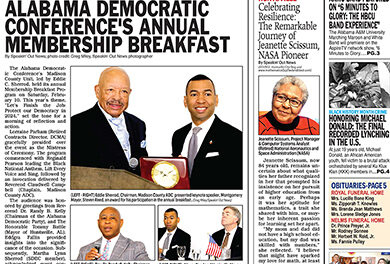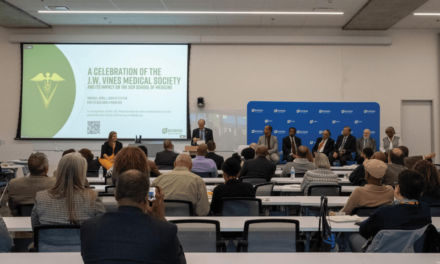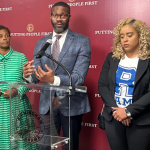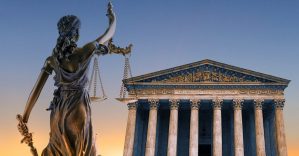Speakin’ Out News
The initial press release, issued Friday, named the University of Alabama. However, at 7:30 a.m. Central Time on Monday, the department quietly updated the statement to reflect UAB as the institution under review. No explanation was provided for the change.
Attempts to contact the Department of Education’s press office on Monday were unsuccessful. An outgoing voicemail message stated the office is “temporarily closed.” Legal counsel at UAB declined to comment, citing attorney-client privilege, and referred inquiries to the university’s communications department.
In a written statement Monday afternoon, UAB Public Relations Director Alicia Rohan said the university will cooperate with federal officials:
“UAB is committed to providing resources and opportunities for all students regardless of race or other protected classes. We will work with the U.S. Department of Education to address any concerns and ensure compliance.”
The OCR has not detailed the specific allegations against UAB. A review of UAB’s undergraduate scholarships shows none that explicitly require applicants to be of a particular race. One scholarship, the Kappa Delta Chapter of Omega Psi Phi Fraternity Memorial Endowed Fund, gives preference to underrepresented students with financial need. The scholarship is managed by members of UAB’s Black Alumni Network but does not make race a condition for eligibility.
UAB is one of seven universities currently facing such allegations. The Education Department has also accused 45 other universities nationwide of using “race-exclusionary practices in their graduate programs.”
Federal Crackdown on Race-Based Policies Continues
U.S. Secretary of Education Linda McMahon reiterated the administration’s position in the updated release:
“Students must be assessed according to merit and accomplishment, not prejudged by the color of their skin. We will not yield on this commitment.”
Supporters of programs like DEI (Diversity, Equity, and Inclusion) argue that such initiatives do not give preference to individuals based on race but instead offer exposure to the diversity of American society.
Sean Atchison, a white student at the University of Alabama, shared a personal defense of DEI programs during a March 2024 legislative hearing:
“I’m from south Alabama — the middle of nowhere. I’ve never, ever felt oppressed by a DEI program. I feel educated. I feel stronger and more confident in my ability to get a job that will benefit this state’s future.”
Legal Challenges to Alabama’s DEI Ban
In January, three UAB students, three University of Alabama professors, and the Alabama NAACP filed a lawsuit against the state over its recently passed law banning publicly funded DEI programs. The plaintiffs argue that Senate Bill 129 — sponsored by Sen. Will Barfoot (R-Pike Road) — violates the First and Fourteenth Amendments, calling the law vague, discriminatory, and a threat to free expression.











